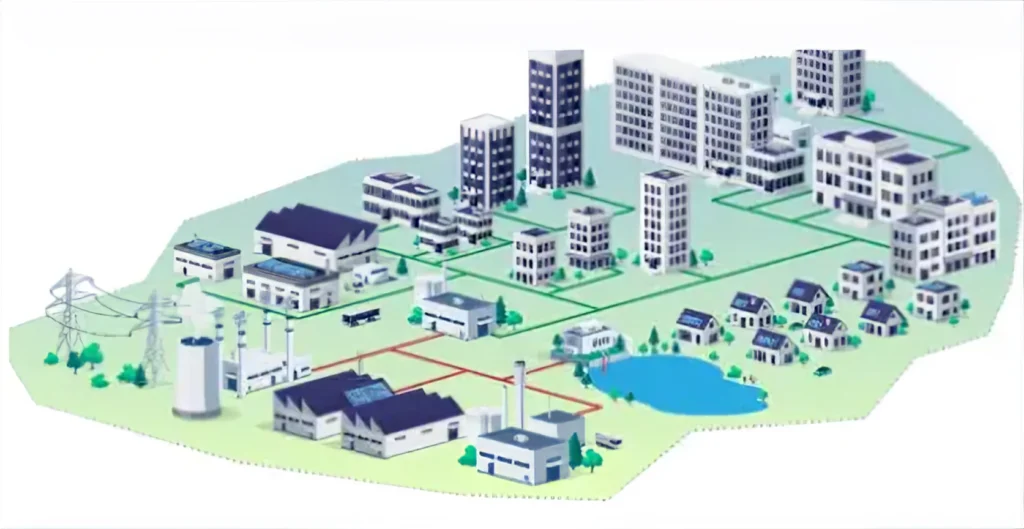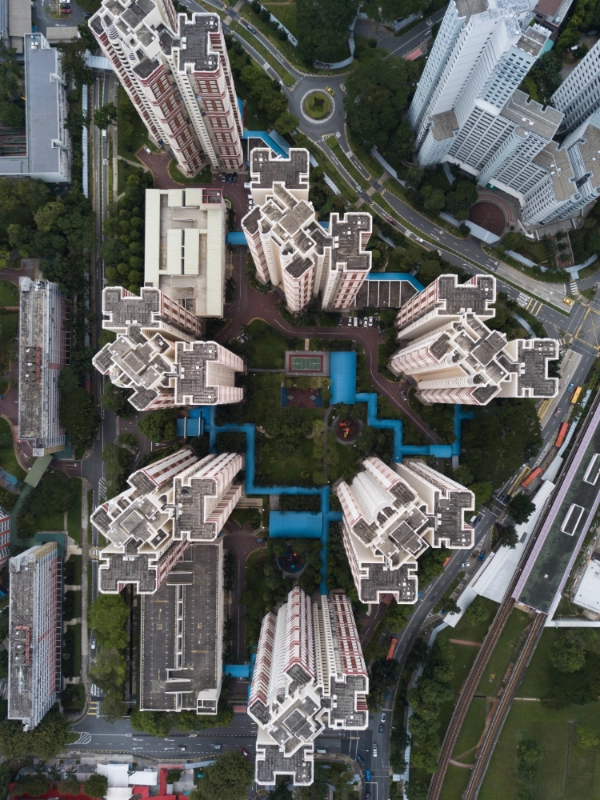Heat District Network Feasibility – Our district heating network feasibility studies provide in-depth assessments to evaluate the potential for district heating systems within any project. These studies cover a wide array of evaluations, including cluster mapping, GIS analysis, heating and cooling load assessments, and the development of techno-economic models. We focus on understanding the full heating and cooling demand to design systems that are not only effective but also efficient and scalable. We carefully consider all available heat sources to design the most effective system, from ground source heat to waste heat recovery from industrial processes, mine water heating, and energy derived from local water bodies. Our team also explores alternative options, such as geothermal heating, heat from mine shafts, and heat recovery from waste treatment plants. By assessing these diverse sources, we ensure that the district heating system is tailored to deliver maximum value, efficiency, and sustainability.
Energy Centre Locations – An integral part of the feasibility study is identifying the optimal locations for energy centres. This critical step ensures that the district heating network can be delivered in a way that is both efficient and cost-effective. Our team evaluates the most strategic sites for energy centre placement, considering proximity to heat demand, infrastructure capabilities, and the scalability of the solution. We aim to provide flexible, long-term solutions that seamlessly integrate into your existing infrastructure and decarbonisation strategy.
Stakeholder Engagement – Mondes Projects recognise that successful implementation of a district heating network requires close collaboration with all stakeholders. We actively engage with local authorities, residents, developers, and other relevant parties to ensure alignment of interests and full support throughout the process. Our approach to stakeholder engagement includes transparent communication, consultation on system design and impact, and addressing any concerns or feedback to ensure the network meets community needs. This proactive engagement builds trust, ensures buy-in, and helps smooth the path to successful implementation.


